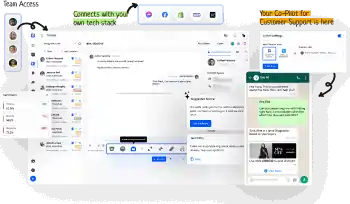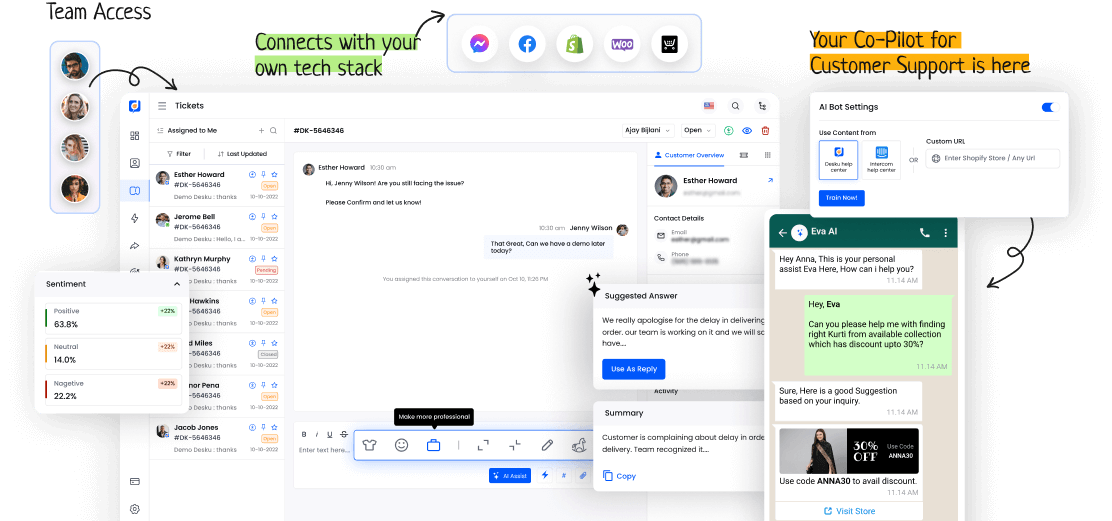A free trial is not just a short-term pass to test a product or service without paying. It lets customers see what a company provides. It can make people curious and maybe lead to lasting involvement.
Yet, the idea of 'try before you buy' has more to it. As we explore free trials more, we will find details that can affect consumers and businesses.
I. Definition of Free Trial
Often used for promotion, a free trial lets buyers use a service or product before buying it. Subscription services often use trial periods.
Customers can try products before choosing. Companies use free trials to appeal to possible customers and show the worth of what they offer.
II. Benefits and Risks of Free Trials
When thinking about free trials, it's crucial to balance the good and bad points. They're part of a sales approach.
- Good Parts of a Trial Run:
- Lets customers try out products/services.
- Invites possible customers to test without a promise.
- Bad Parts of a Trial Run:
- Customers may take advantage of free trials.
- Some people might not remember to stop the service before a fee comes.
III. Understanding Free Trial Terms and Conditions
To dive into free trials, know the terms and conditions. Check cancellation policies, secret costs, subscription needs, and refund rules before you start.
This knowledge can prevent surprise bills and make your free trial run smoothly.





